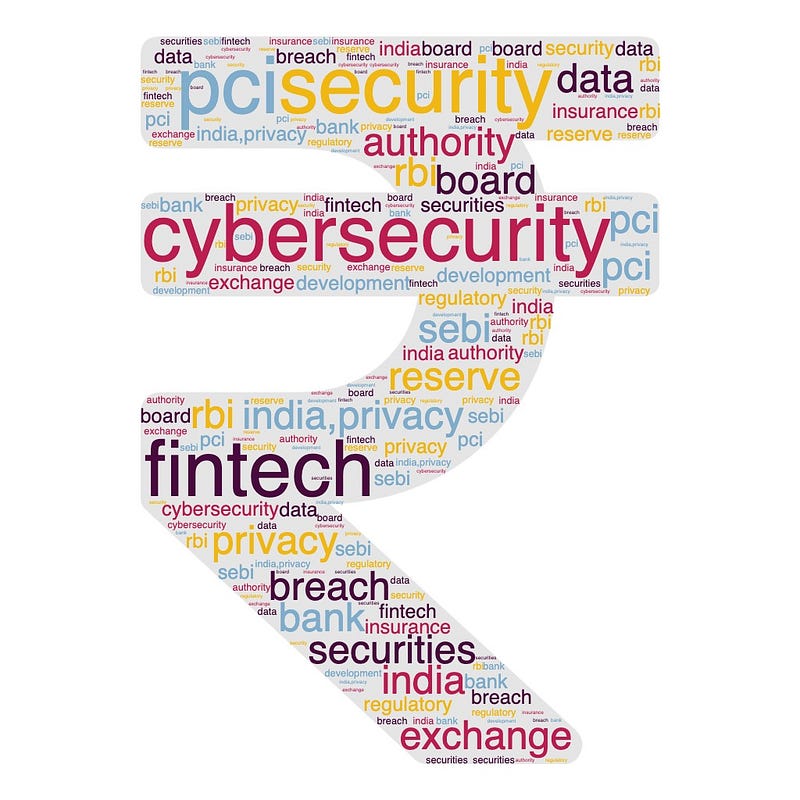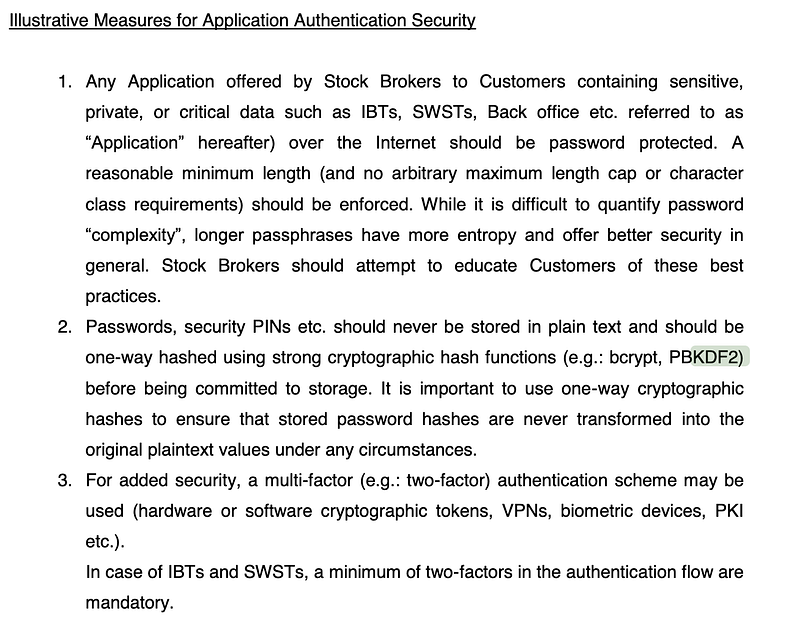As the Silicon Valley of India, Bengaluru is often looked up to for all the latest in Technology ranging from Cloud to Product management. When it comes to Information Security there are limited groups and communities that meet regularly. Among these, ISC2 Bangalore chapter is one such group of folks primarily comprising security practitioners in various domains of security. Started in 2015, it now has over 200 security professionals across a broad range of companies, consultants, freelancers and we used to meet regularly offline and online since last two years (due to Covid).
Recently my term as the Board Member of ISC2 Bangalore Chapter ended and am sharing my experience of volunteering for the board here.
I was one of those folks who used to attend the meetings and mostly wondered what goes behind the scenes when it comes to running multiple events all around the year. Not wanting to be bothered about all the efforts and planning that goes behind like selecting topics, speakers, talking to sponsors, shortlisting a venue, gauging the participation of the folks, logistics including lunch / snacks/ coffee/ tea. But all that changed when I made the leap. Thanks to many folks including the past and the present board members who nudged.
Volunteering for the board was a great experience that helped me expand my knowledge not just about InfoSec but many areas of life professional and personal as well. Many of us are worried about the time it requires from our busy commitments both professionally and personally. But all it requires is a little bit of planning in setting aside some time and then executing it. Importantly, once you realize the impact it will have on the community then I am pretty sure you will make time for it. There are many lessons I learned in the course of the term which was three years.
Dealing with Adversity & Ambiguity
Before Covid struck, we used to conduct 4 offline events every year and this used to benefit the members in multitude of ways:
- Staying abreast of the latest in the world of Information Security
- Networking with the peers and share and learn from experiences
- Aid in garnering of the CPEs
- Contributing to the community through Safe and Security Awareness programs
When Covid struck it affected us all, but like any security professional, the goal was to keep the business moving (just FYI we are not-for-profit ). We had to ensure our financials were strong enough to support us through the covid times. As the revenue from attendance fees would no longer be possible, we had to innovate and look for alternate streams of revenue for the chapter. A lot of the hard work from the past and present board members resulted in us getting the sponsors who had noticed the quality content we were bringing in and we rolled out quarterly virtual events. Once the sponsorship poured in, we invested this money in enhancing our capabilities.
We were using a basic mailing solution provided by the hosting provider and there was no client to check them on the go and the lack of mobility was hurting in collaboration. After evaluating many vendors we migrated to G-Suite, along with it came Drive, Sheets, Docs and Meets. This allowed us to meet frequently (albeit virtually) ideate, document and exchange plans in a structured manner.
Learnt about newer technologies
As a volunteer, I got to experiment, explore and launch newer tools and technologies in expanding the community. Since we were all virtual, our events needed to be online and we needed a video conferencing solutions. We experimented with various video conferencing tools like Zoho, Zoom, Google Meets and Microsoft Teams with the capability to record and livestream the events. There were times where we did live troubleshooting with one of the VC vendors’ support team during an event! In fact we supplied a lot of use cases and feature requests which even their team wouldn’t have thought of.
One thing led to another! Since we had the video recordings, we decided to upload and share all the content from the sessions for anyone to access from anywhere. We started small and today our Chapter ISC2 Bangalore Youtube Channel has over 250 subscribers. Likewise I got the opportunity to use my creative hat as well. A little bit of engagement on the social platforms allowed us to grow our twitter base to over 300 followers ( a 10x growth in follower base). Not a small feat for a volunteer driven efforts in building the community. This has also allowed other organisations to collaborate with us in expanding their events.
Grow with the Network
We got a chance to interact closely with speakers across the globe and also learn about their perspectives, challenges, tools and the tech they were working on. Many of these folks are very seasoned folks including entrepreneurs, retired military veterans who worked on interesting assignments, distinguished scientists, speakers at various conferences etc
We also did a Security Awareness program for parents and kids in association with IEEE WIE Bangalore section touching upon aspects like staying safe online, cyberbullying, games and ratings. We got to see the perspectives of parents and kids on how they view the online world and how we as security professionals can simplify security for them.
I also got an opportunity to share my knowledge in the form of a workshop on AWS security for security practitioners working in the areas of governance and compliance. Apart from focusing on the technical security aspects, we did a deep dive on compliance parts, passing audits, looking for artefacts needed for regulatory requirements. A lot of interaction on the groups messaging platform also helped me improve my reading list of books.
Working for a common goal despite differences
I would be lying if I say running a chapter is easy and all smooth, more so with us security professionals who have our own priorities in professional and personal life. There may be different paths towards the same goal and the one I or another person chose becomes just a path rather than right or wrong. Purpose driven meetings and discussions allowed us to focus on the bigger picture without tripping our egos. For some roles like Treasurer it’s a way to explore areas outside infosec and volunteering creates a path to express those desires and interests.
Hope this encourages you to take up volunteering and feel free to drop me a note, if it did.



